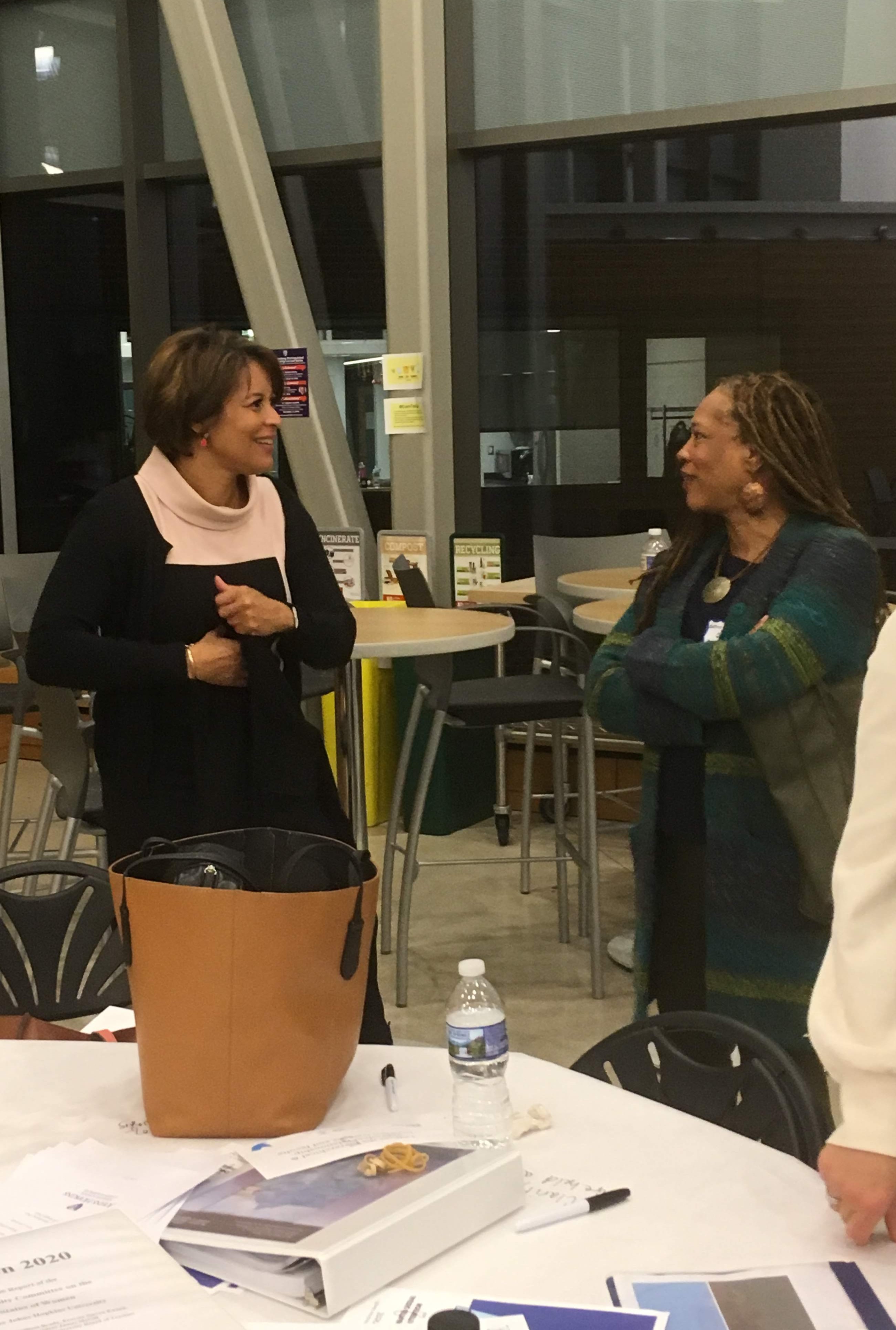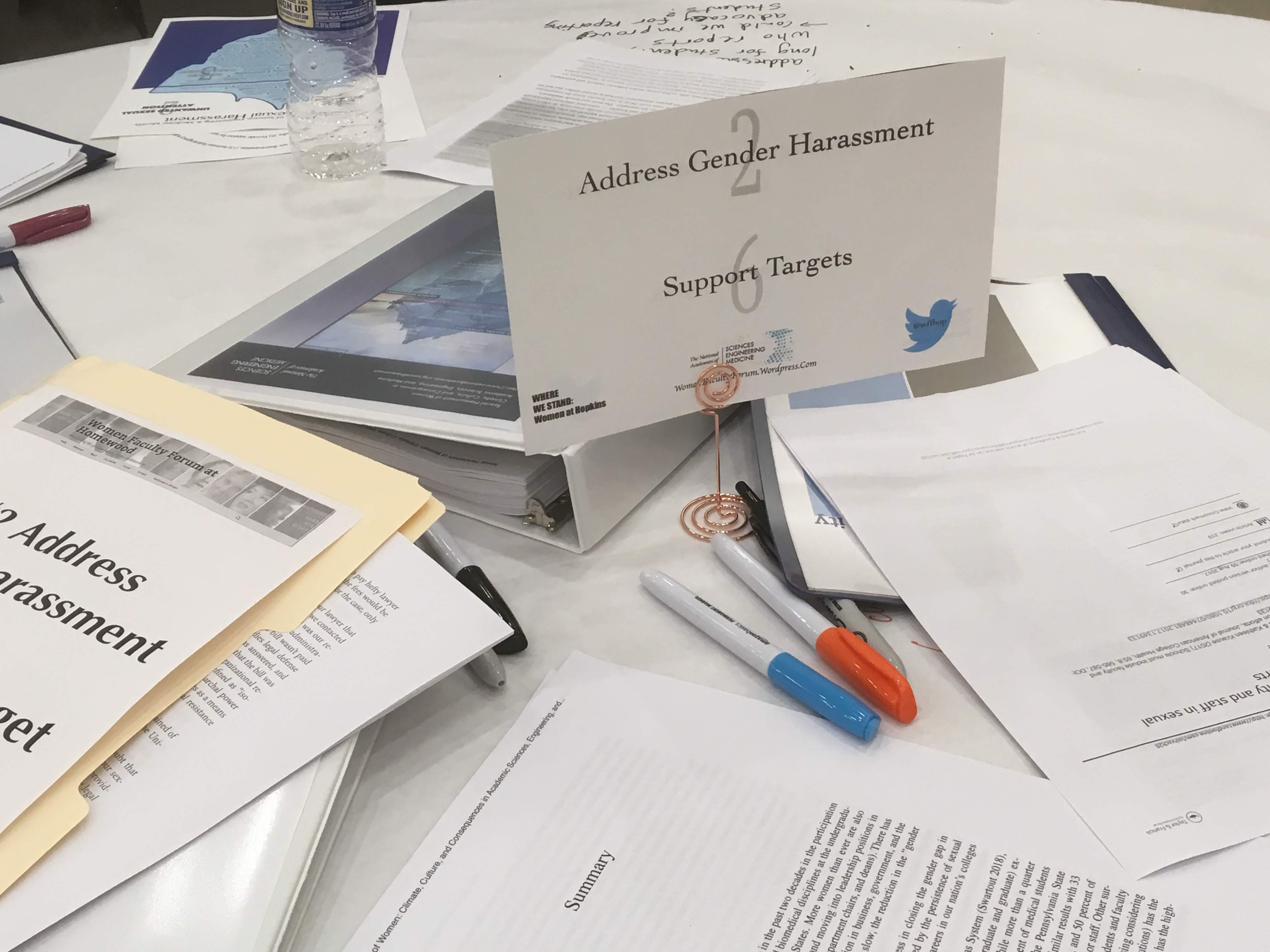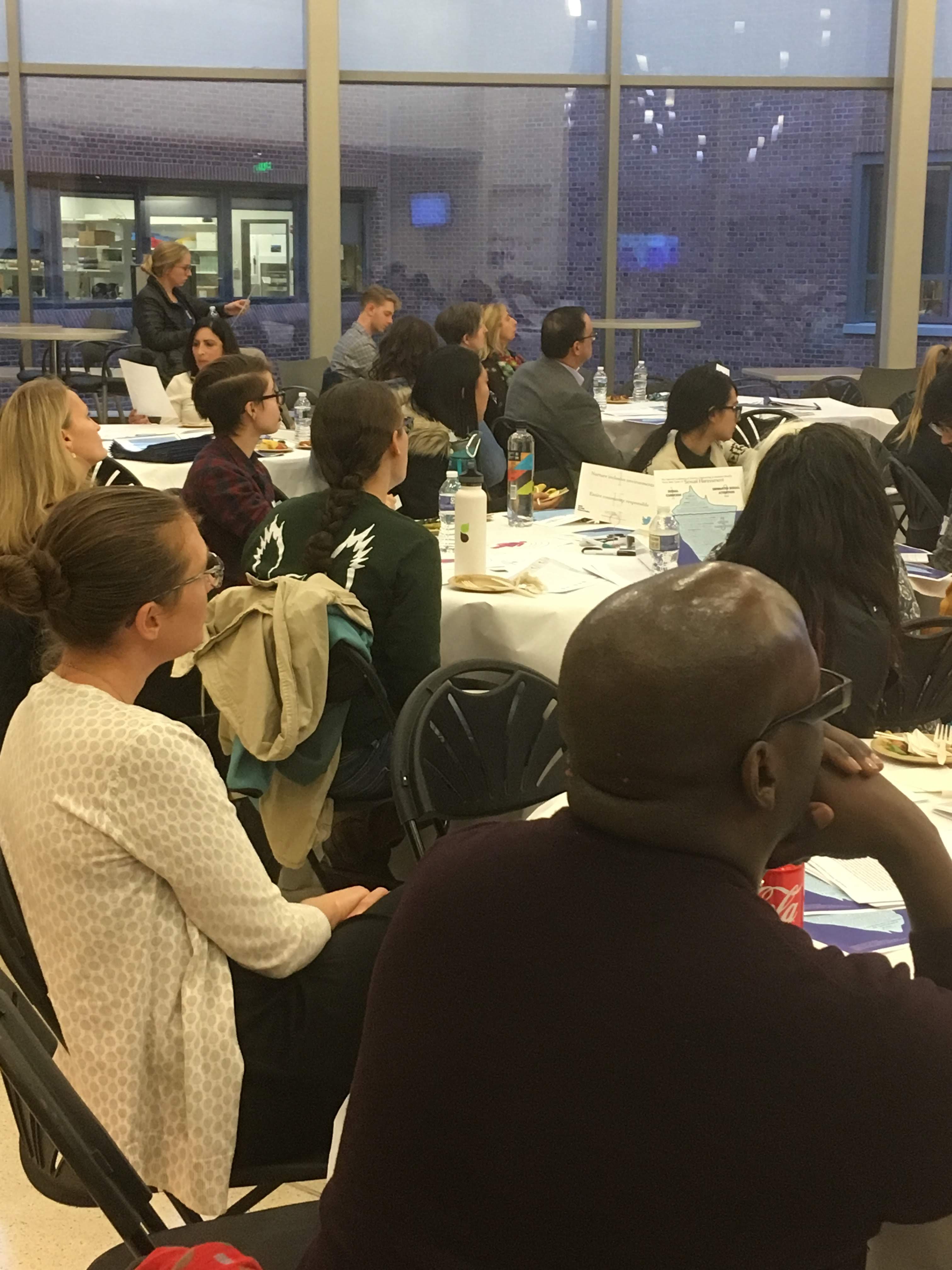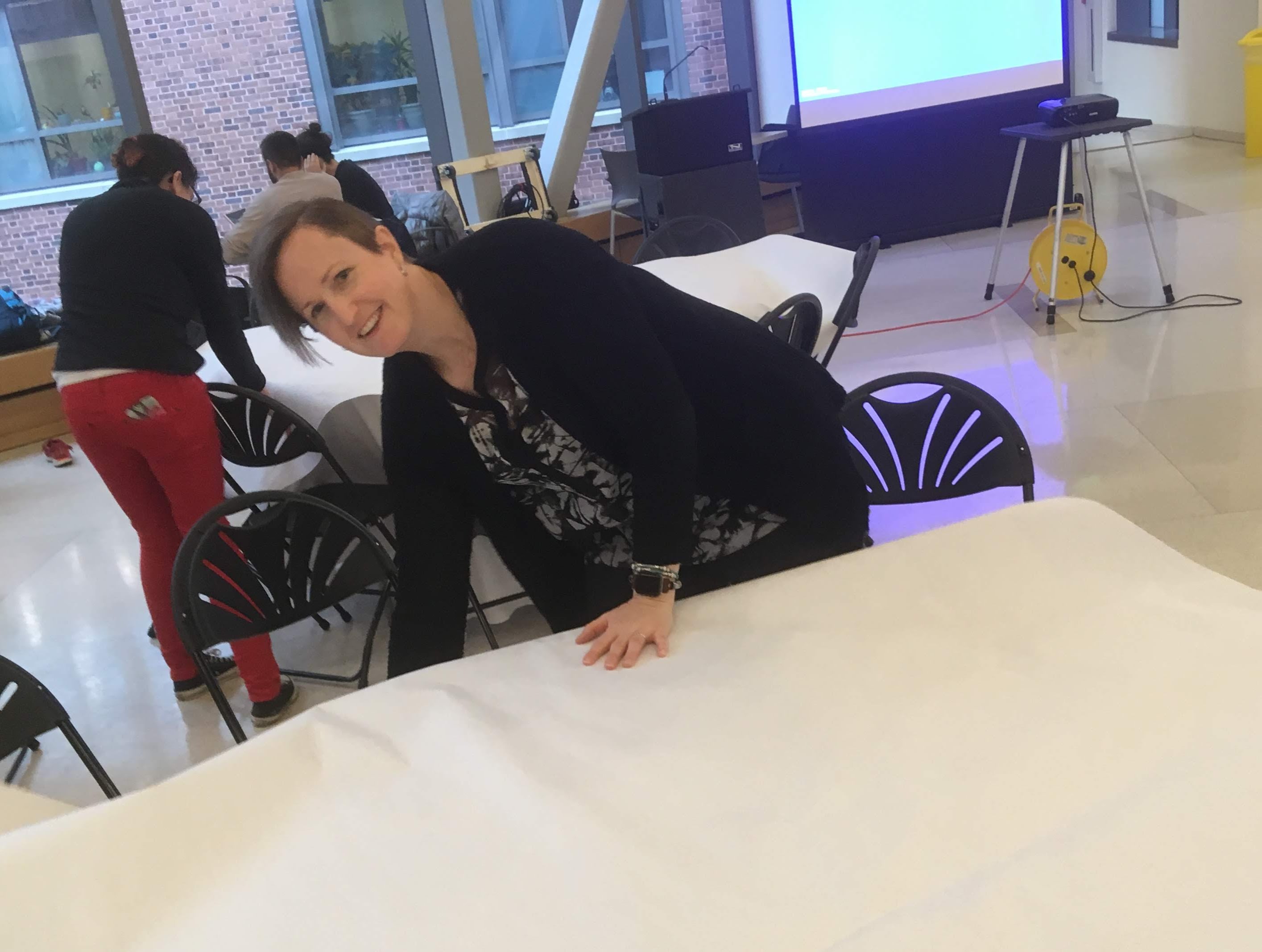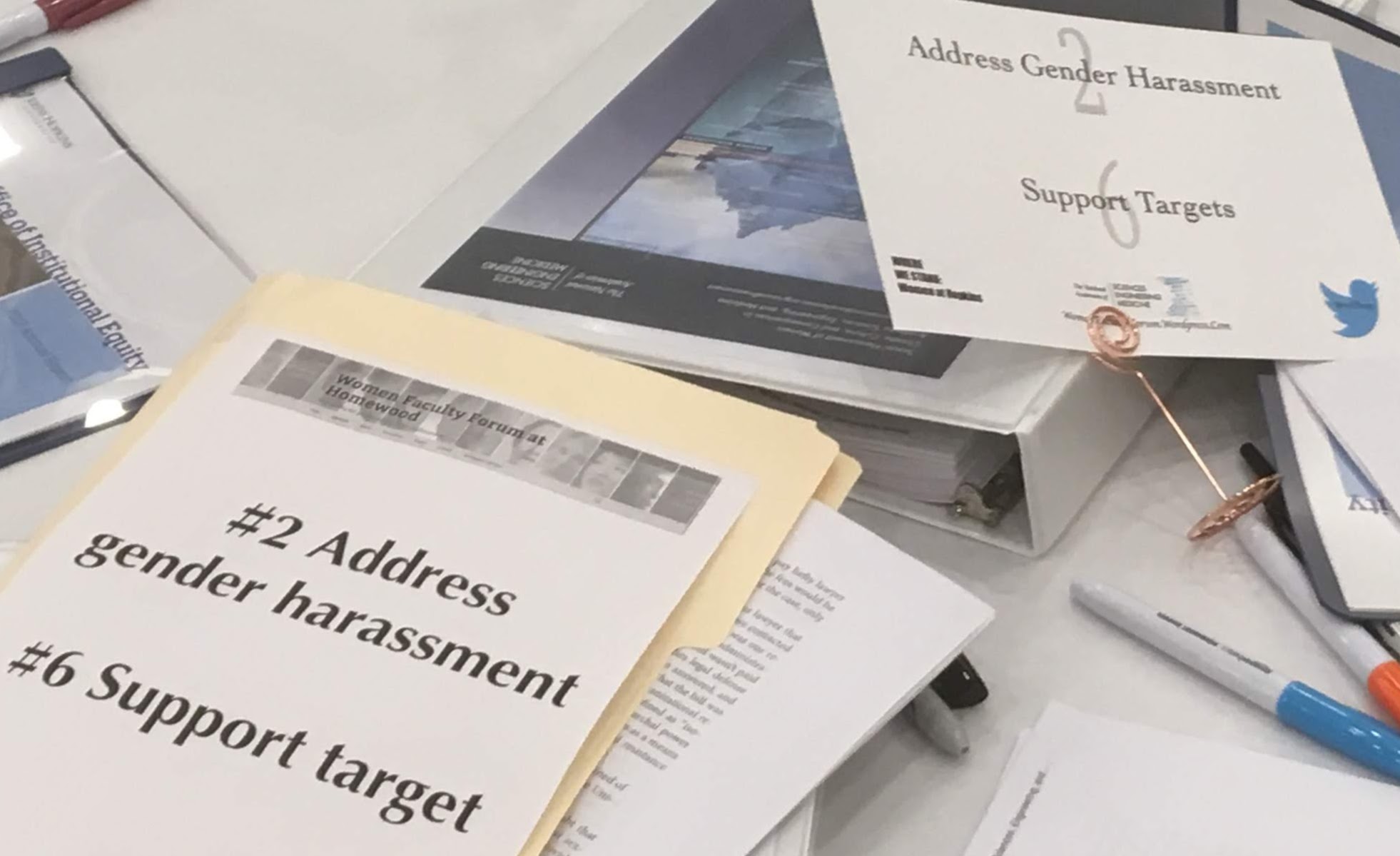 As you may know, over 100 Hopkins professors, researchers, grad students, and postdocs signed a letter to the machine learning conference known as “NIPS” urging a name change. The acronym is misogynist slang and a racist slur; a google or twitter search for the conference produces porn; participants at the conference have a long history of employing the acronym in ways that are hostile and demeaning. To get a taste of this one need only look back to last year’s conference, when Elon Musk is reported as having made “nips” and “tits” jokes on stage . . . to a cheering audience.
As you may know, over 100 Hopkins professors, researchers, grad students, and postdocs signed a letter to the machine learning conference known as “NIPS” urging a name change. The acronym is misogynist slang and a racist slur; a google or twitter search for the conference produces porn; participants at the conference have a long history of employing the acronym in ways that are hostile and demeaning. To get a taste of this one need only look back to last year’s conference, when Elon Musk is reported as having made “nips” and “tits” jokes on stage . . . to a cheering audience.
Astonishingly, the board of NIPS said no.
Those of us who support the name change must say so out loud in our departments. Silence will endorse the NIPS decision. Here are some lines you can have handy:
- National Academies of Science, Engineering, and Medicine (NAS/NASEM) published a report this summer that 58% of women scientists have been sexually harassed and makes 15 urgent recommendations for changing the culture in STEM, including to “address gender harassment.” And NIPS doesn’t change its name?
- Numbers don’t stand alone, and biased data don’t give accurate answers. NIPS should know better.
- The fact that NIPS can’t use its own name for a website because it’s already claimed by a porn site is all the board needed to know.
- Whatever you think of the acronym, the fact remains that this conference has a terrible reputation (see here and here) in terms of gender. Perception matters.
- Whatever you think of the acronym, we just lost out on extraordinary talent among young women and their allies who want nothing to do with a field that appears to be short-sighted, tone deaf, and/or hostile.
- A conference that sells out in less than 12 minutes is in a pretty good position to rebrand itself. What are they afraid of?
- We are the last people who should be making it harder for girls to pursue CS, AI, ML, and the like. Just the opposite. Anything we can think of that taps into the talent of 1/2 the population is something we should do.
- You can’t taut GirlsWhoCode one minute and then turn around and pretend that “NIPS” is gender inclusive. Or is it that they know it’s not gender inclusive, and they just don’t care?
The background noise on our campuses matters. If we speak up, even in passing, we contribute to background noise that is supportive rather than derisive or silent.
You can also sign a petition, based on the original JHU letter, protesting the decision.
There is some good news: at this year’s conferences, there will be an inclusion town hall, help with child care, gender-inclusive restrooms, a code of conduct, and mentor breakfasts for women and minorities. You can read the good, the bad, and the ugly about the Not Gonna Do It here. Just be prepared; there is some serious ugly.
Wired was right on top of this, interviewing our own Elana Fertig in “AI Researchers Fight Over Four Letters: NIPS.” The board based its decision on analysis of a survey it sent to previous attendees at the conference. Medium.com’s “NIPS AI Conference to Continue Laughing about Nipples at the Expense of Women in Tech” comments:
As a conference on what is essentially fancy statistics, you might expect them to have a better grasp on concepts like sampling bias.
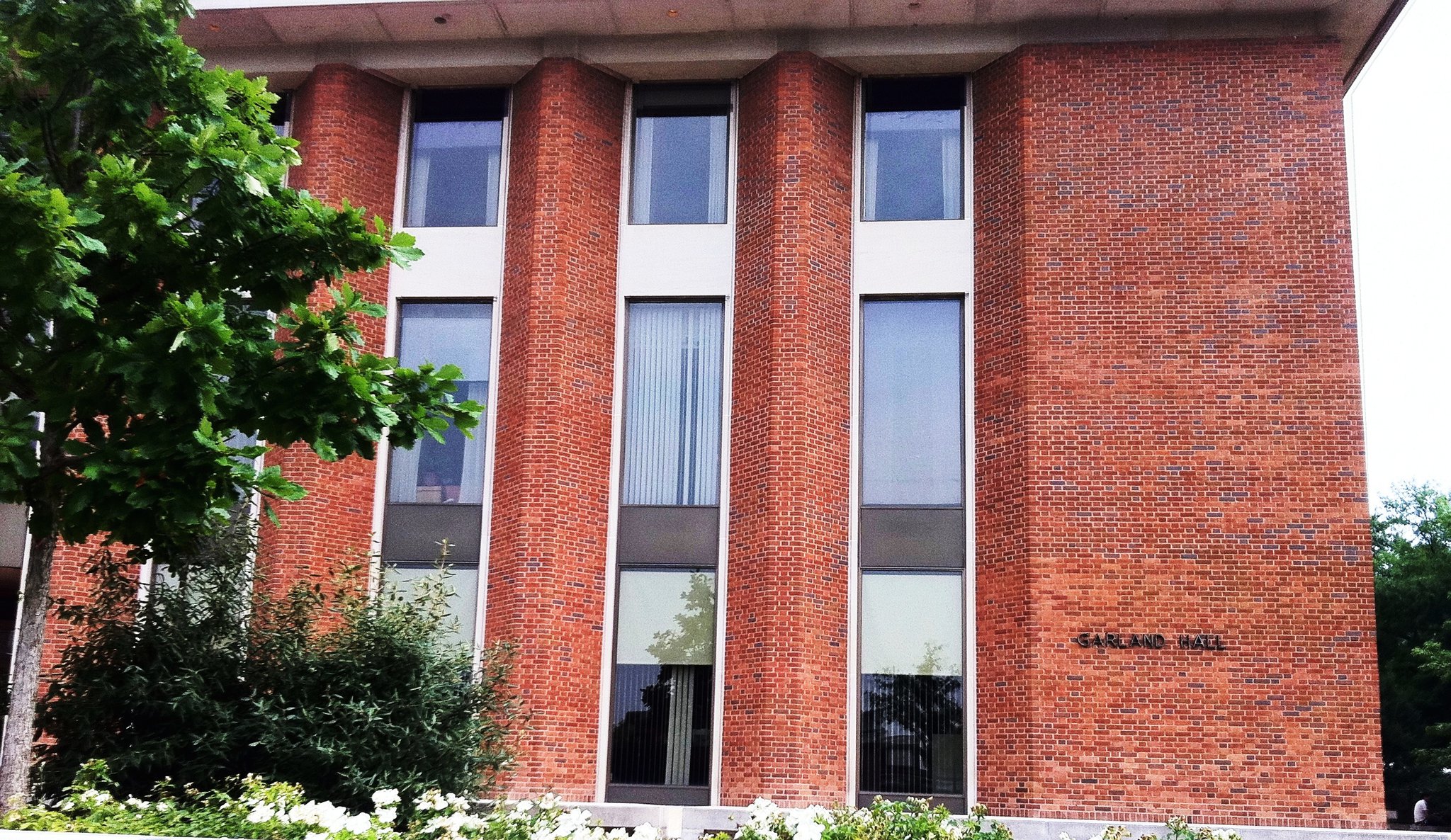
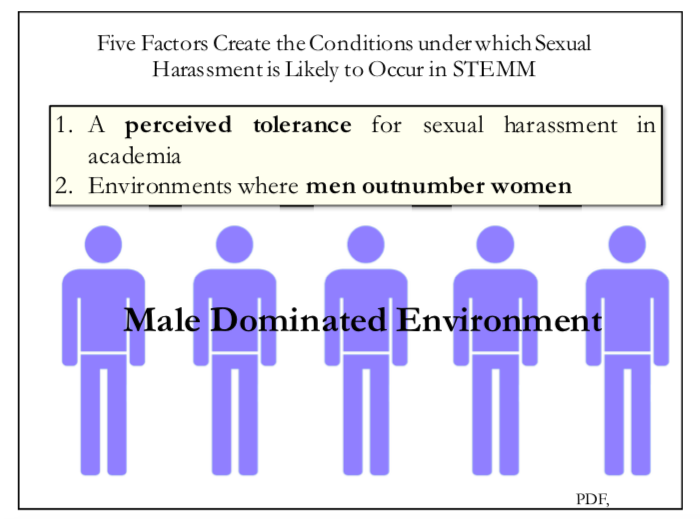
 As you may know, over 100 Hopkins professors, researchers, grad students, and postdocs signed a
As you may know, over 100 Hopkins professors, researchers, grad students, and postdocs signed a 